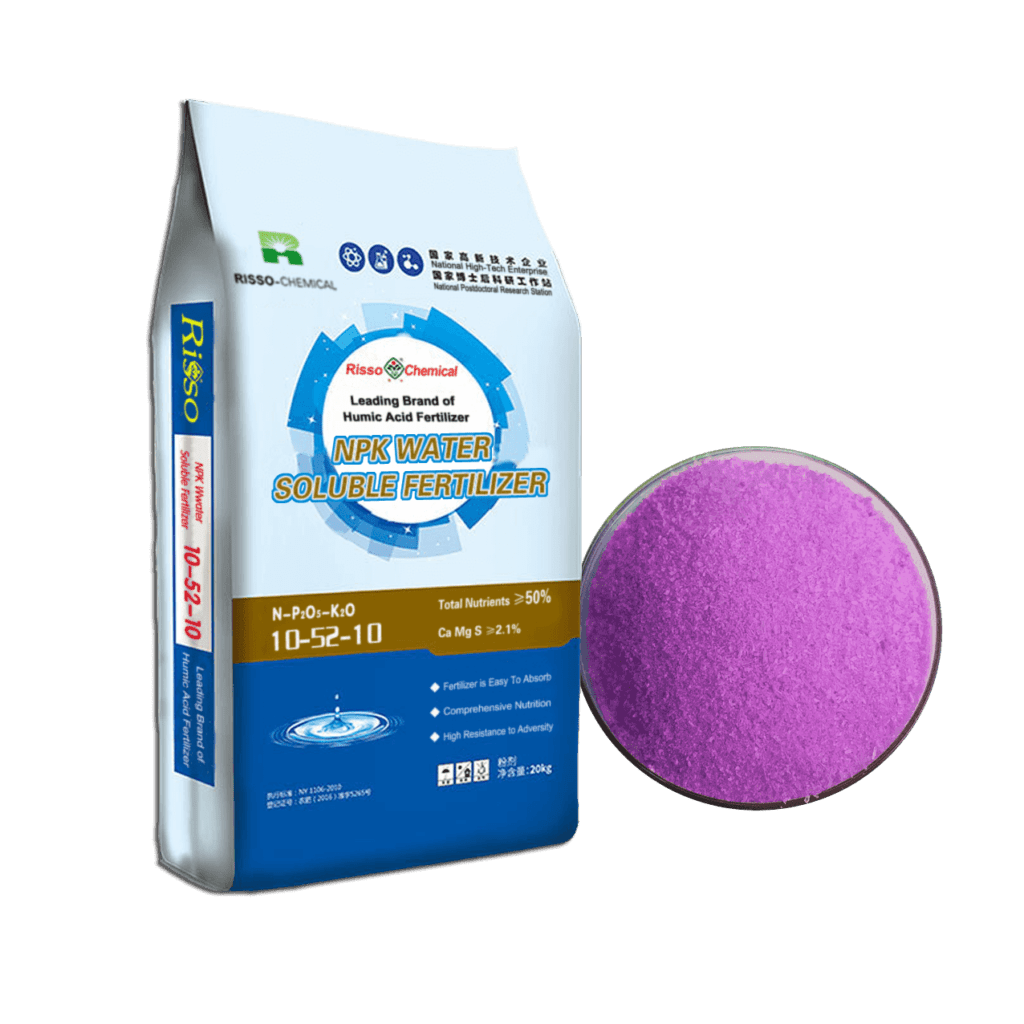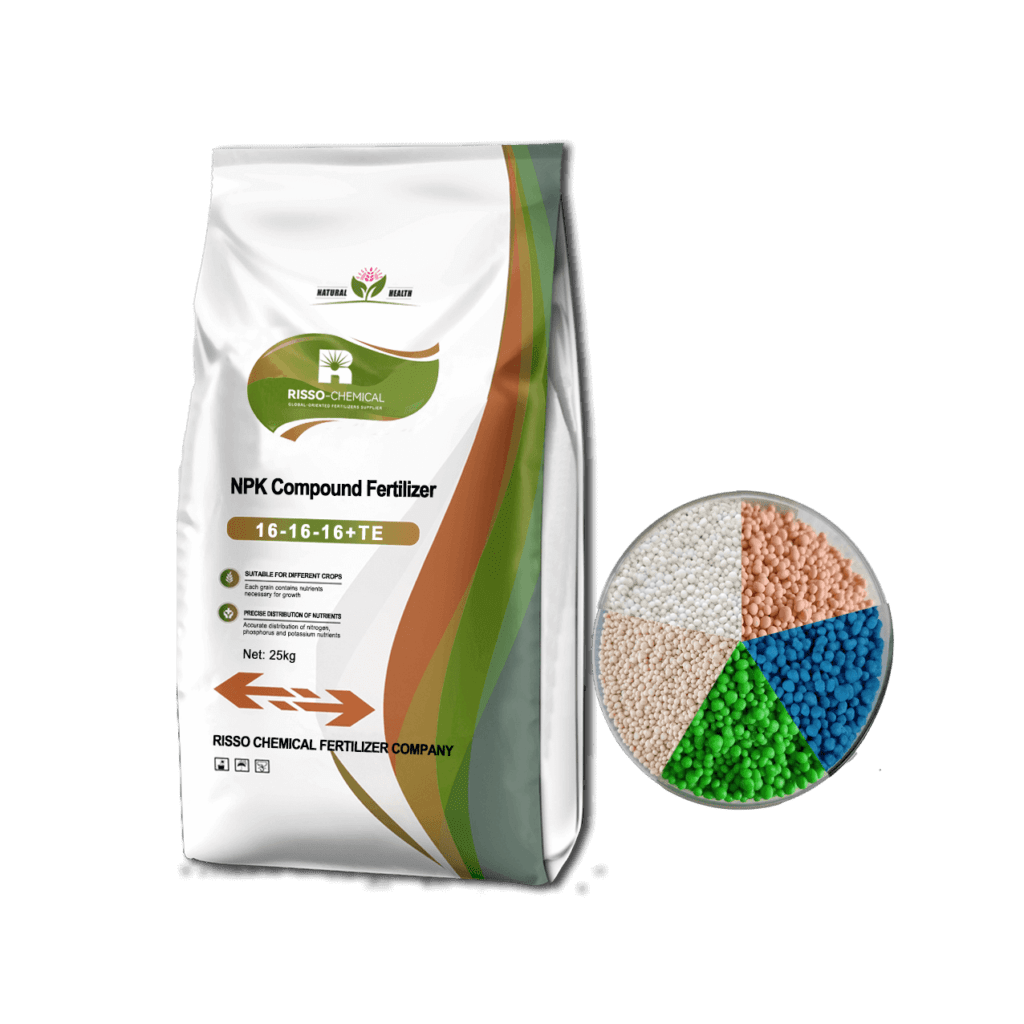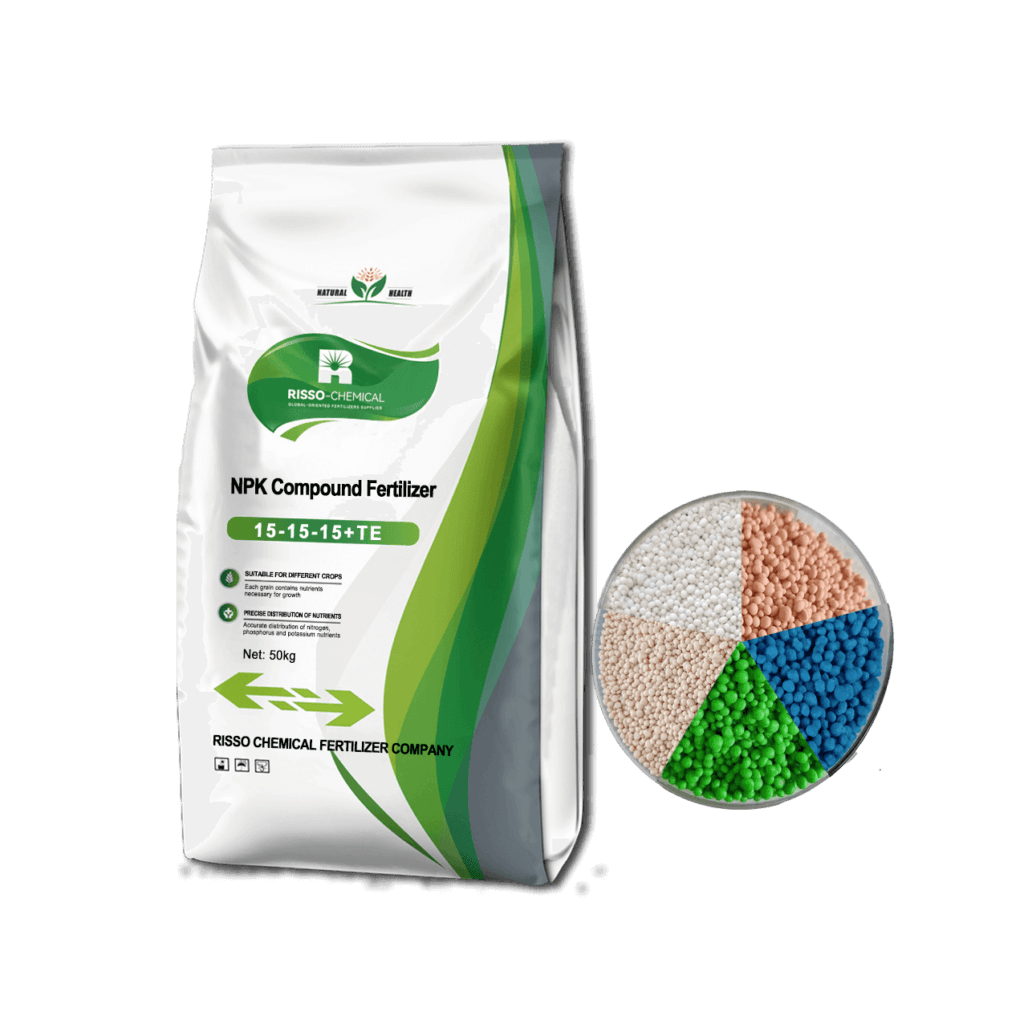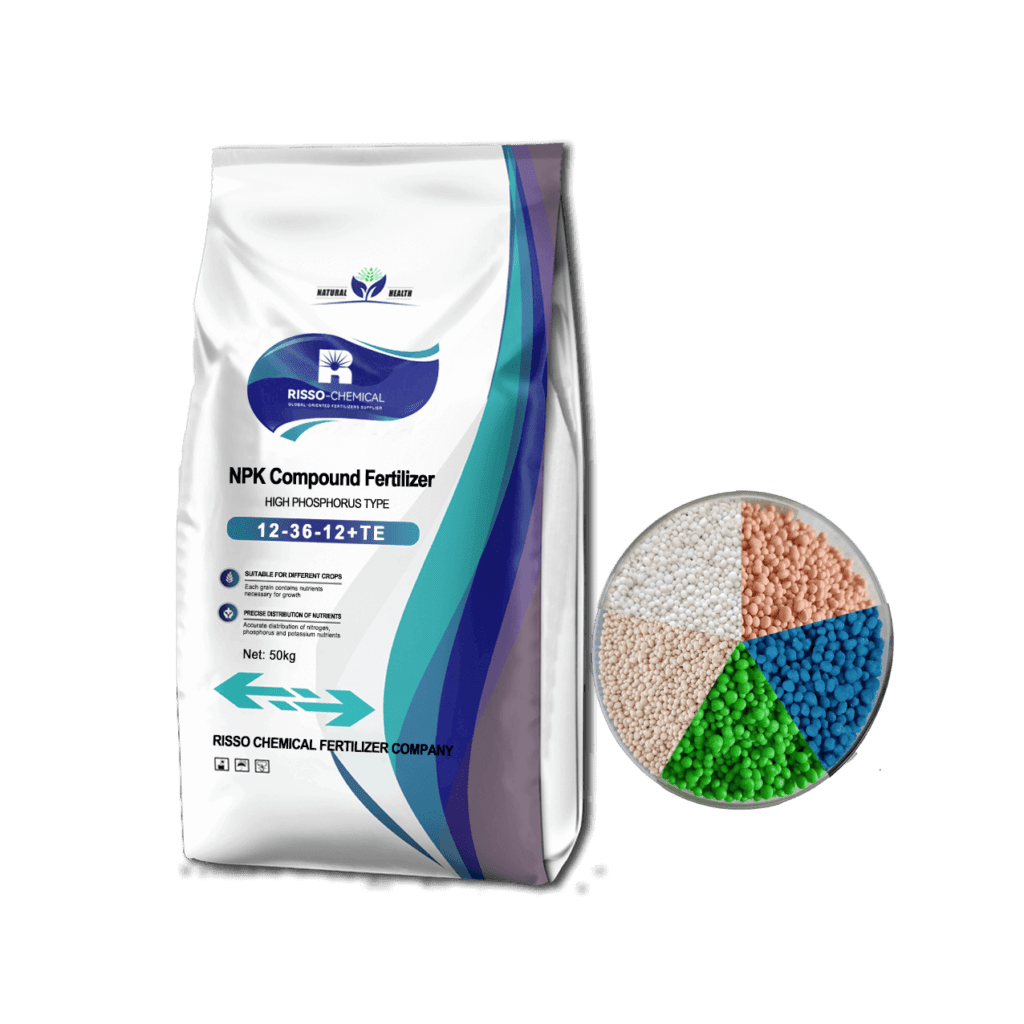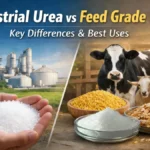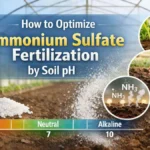Let more growers get greater benefits
Is NPK Good for All Plants? A Comprehensive Guide
- Industry News
- November 28, 2016
- 3:22 pm
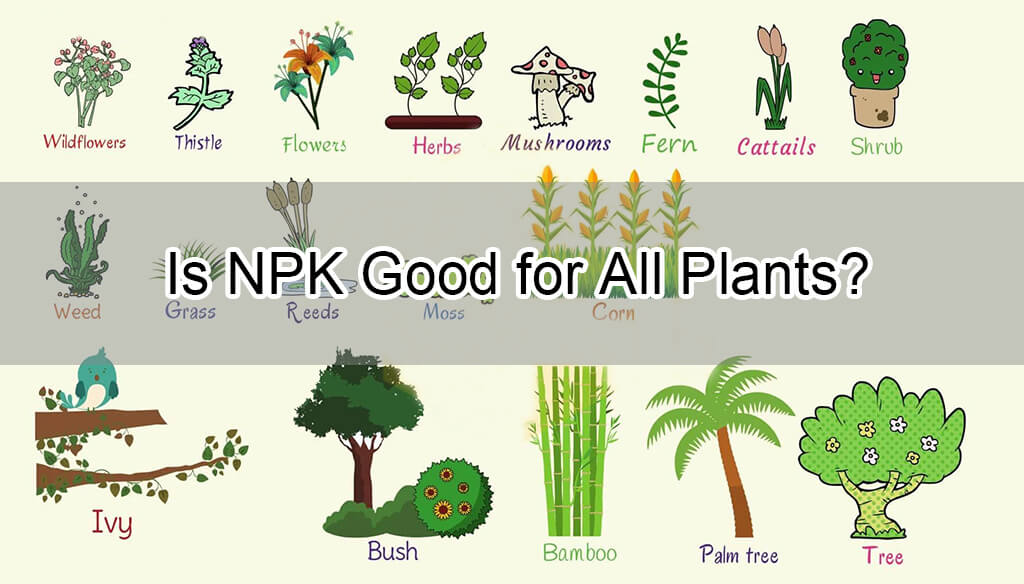
When it comes to plant nutrition, NPK fertilizer—containing nitrogen (N), phosphorus (P), and potassium (K)—is one of the most widely used and recommended fertilizers. These three essential macronutrients are crucial for healthy plant growth and development, making NPK fertilizers versatile and beneficial for a wide range of plants. However, while NPK fertilizers are generally suitable for most plants, their effectiveness depends on various factors such as plant type, growth stage, and specific nutrient requirements.
In this blog post, we’ll explore whether NPK fertilizer is good for all plants and provide guidance on how to select the right NPK ratio for your garden or crop.
List of Contents
Understanding NPK Fertilizer
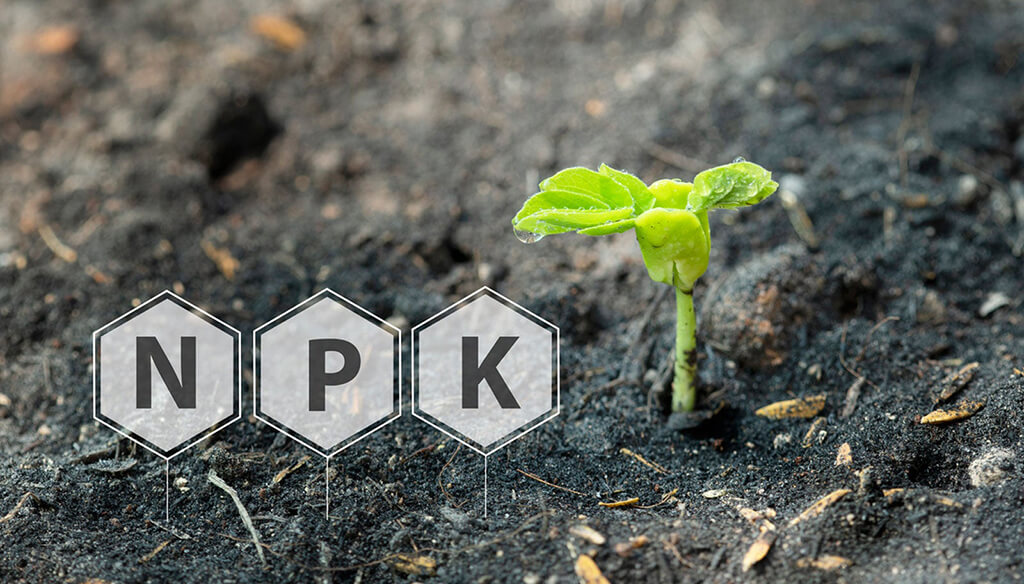
NPK fertilizers provide three essential nutrients:
Nitrogen (N) is vital for leaf and stem growth. It helps plants develop healthy foliage by promoting chlorophyll production, which is necessary for photosynthesis.
Phosphorus (P) supports root development and flower or fruit production. It is crucial for energy transfer and storage within the plant.
Potassium (K) strengthens plant resilience by enhancing overall health, disease resistance, and water regulation.
These nutrients are essential for almost all plants, but the ratios of NPK that are needed vary depending on the plant type and its growth stage.
The numbers on an NPK fertilizers label represent the percentage of each nutrient in the formula. For example, a 10-52-10 fertilizer contains 10% nitrogen, 52% phosphorus, and 10% potassium, indicating it is tailored for plants that require significant phosphorus, such as flowering plants or those establishing a strong root system.
Is NPK Fertilizer Good for All Plants?
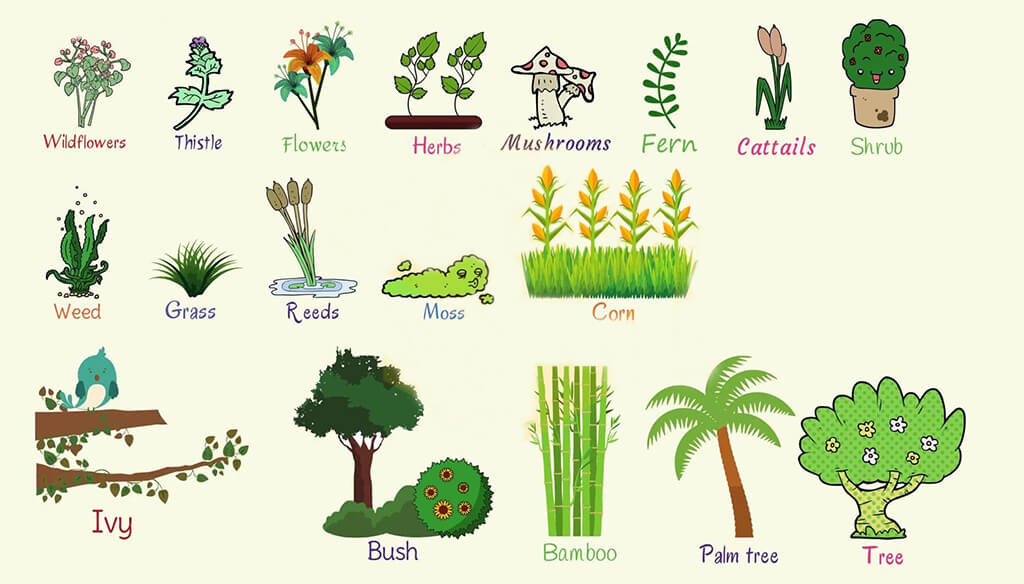
1. Different Plants Have Different Nutrient Needs
While NPK fertilizers can be beneficial for all types of plants, different species and growth stages require different nutrient ratios. For instance:
Leafy vegetables like lettuce and spinach benefit from higher nitrogen levels to promote lush green growth.
Flowering plants such as roses or fruit-bearing plants like tomatoes require more phosphorus to encourage blooms and fruit development.
Root crops like potatoes and carrots need balanced nutrients but often respond well to more phosphorus to support root formation.
For each plant type, there is a suitable NPK ratio. Using the wrong balance can lead to nutrient imbalances, which may stunt growth or harm the plant.
2. Growth stage is important
Plants have varying nutritional needs at different stages of their lifecycle. For instance:
Young plants in the vegetative stage often need more nitrogen to build strong stems and foliage.
Flowering and fruiting stages typically demand more phosphorus and potassium to support energy-intensive processes such as blooming and fruit development.
Selecting an NPK ratio that corresponds to the plant’s current growth stage ensures optimal results. A 15-15-15 fertilizer, for example, offers a balanced nutrient supply for many plants during the growing season, while a 10-52-10 formula may be more appropriate during flowering or root development phases.
3. Soil Testing: A Key Step
Before applying any NPK fertilizers, it’s important to test your soil to understand its existing nutrient levels. Plants will only benefit from additional nutrients if they are lacking in the soil. In some cases, overuse of NPK fertilizers can lead to nutrient runoff or soil imbalances, harming the plant or environment.
When NPK Fertilizers May Not Be Ideal

Although NPK fertilizers are suitable for most plants, there are a few scenarios where they may not be the best option:
Specialty Plants: Some plants, such as succulents or orchids, may have unique nutrient needs and may require specialized fertilizers with specific micronutrients or lower nutrient levels.
Organic Gardening: Gardeners aiming for organic methods may prefer natural fertilizers like compost or manure, which release nutrients more slowly and improve soil structure.
Choosing the Right NPK Ratio for Your Plants
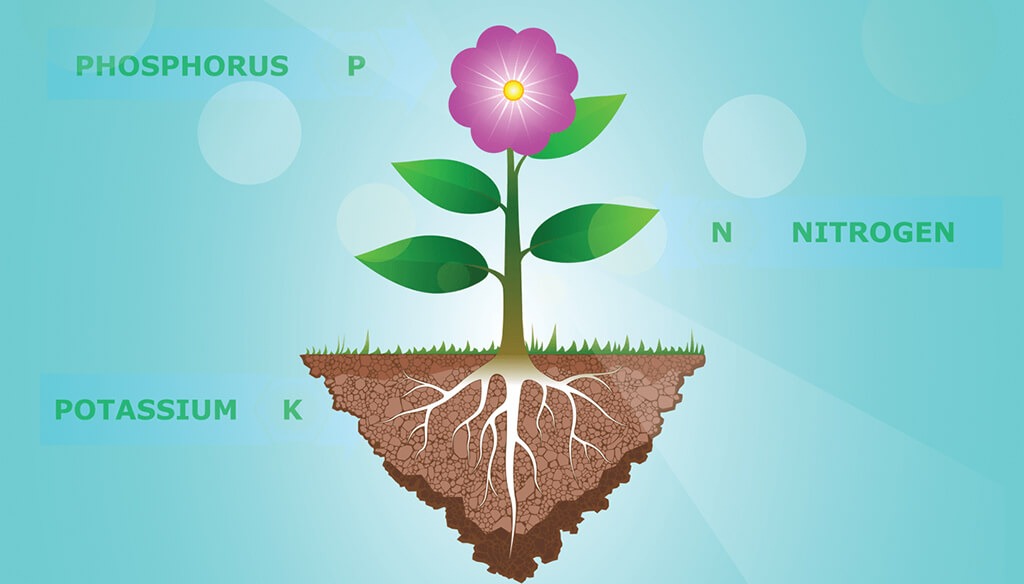
To maximize the effectiveness of NPK fertilizers for your garden or crops, consider the following factors:
Plant Type: As discussed earlier, different plants have different nutrient needs. Research your plant’s nutrient requirements and choose a fertilizer with an appropriate NPK ratio.
Growth Stage: Use higher-nitrogen fertilizers during the vegetative stage and switch to a phosphorus- and potassium-rich formula for flowering and fruiting.
Soil Composition: Conduct a soil test to determine existing nutrient levels and address any deficiencies with the correct fertilizer mix.
Conclusion: Is NPK Good for All Plants?
In most cases, NPK fertilizers are highly beneficial for a wide variety of plants, offering essential nutrients that support growth, flowering, fruiting, and overall plant health. However, it’s important to understand that different plants have different nutritional needs, and tailoring your NPK fertilizer based on plant type, growth stage, and specific requirements is the key to optimal results.
For more guidance on choosing the right NPK fertilizers for your plants, explore our range of products at Risso Fertilizers or consult with our expert team to customize your plant nutrition plan. With the right approach, NPK fertilizers can unlock the full potential of your garden or farm.
Fertilizer Related Products
If you want to know other questions about Suitable plants for NPK fertilizers or NPK fertilizers , please contact us and we will provide professional answers.
- Article
What will you get when touch?
✔ Quick & helpful reply within 6 hours.
✔ Tailored solutions for your project.
✔ One-stop product, tech, market
TRENDING
Want to find a China fertilizer manufacturer?
Risso will be your best choice; send us your request for your fertilizer details requirement
TAIAN RISSO CHEMICAL FERTILIZER CO.,LTD.
- Address: High-tech Development Zone, Taian City, Shandong Province
© Copyright 2017 RISSO CHEMICAL. All Rights Reserved.



